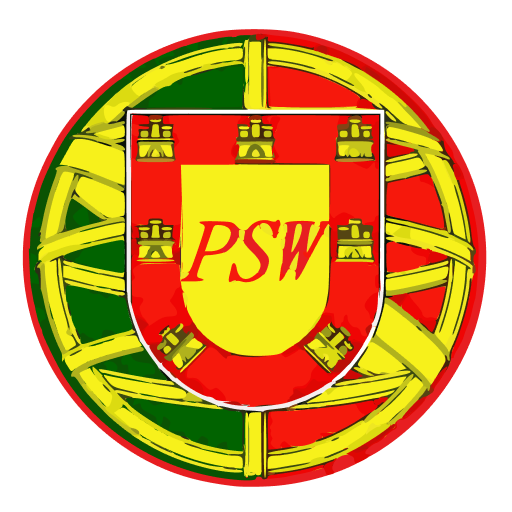
If you’re curious about how to say “Good morning” in Portuguese, you’ve come to the right place!
In this short article, we’ll explore the exciting world of the Portuguese language and learn 3 simple ways to greet people in European Portuguese. So, let’s get started!
Greetings in Portuguese Culture
In Portuguese culture, it’s common to greet people with a handshake or a kiss on each cheek. However, it’s always a good idea to be aware of cultural differences and follow the customs of the place you’re in. If you’re unsure, a smile and a friendly ‘Bom dia’ or ‘boa tarde’, will always be appreciated!
European Portuguese has a rich vocabulary, and there a number of ways to greet someone in the morning. Let’s take a look at 4 common greetings.
1. Bom Dia
The most common way to say “Good morning” in European Portuguese is “Bom Dia”. It’s just like saying “Good day” in English! This phrase is used to greet people from morning until early afternoon.
2. Olá!
Olá means “Hello” and can be used any time of the day, including in the morning. So you don’t have to worry if people have had their lunch or not.
3. Bom dia! Como está?
Meaning “Good morning! How are you?” It’s a friendly way to start a conversation and show interest in the other person’s well-being. People often say this as they pass on the street, and they don’t always wait for a response!
4. Boa tarde!
If the morning has elapsed and lunchtime has come and gone. Now is the time to start saying ‘boa tarde’. This means good afternoon and is used until nightfall.
Well done!
Remember, trying to learn the language not only shows respect but also helps you connect with Portuguese-speaking people and join in activities!
Practice Makes Perfect:
Learning a new language takes practice, and it can be lots of fun! Here are a few activities you can try to improve your Portuguese greetings:
a) Role-playing: Pretend you’re meeting someone in the morning and greet them with “Bom dia.” You can even practice with your friends!
b) Vocabulary Games: Create flashcards with Portuguese phrases and their English translations. Test yourself or play with a friend to see who can remember the most greetings.
c) Online Resources: There are plenty of websites and apps that offer language lessons and interactive games to help you practice Portuguese greetings. Take a look at our Youtube channel for more free resources.
Look at our website and choose your course today: Portuguese in Six Weeks
